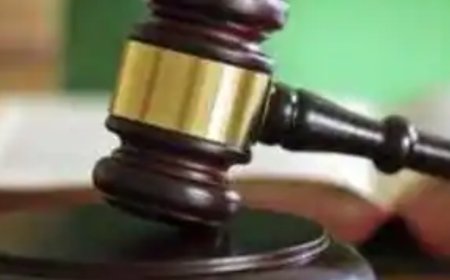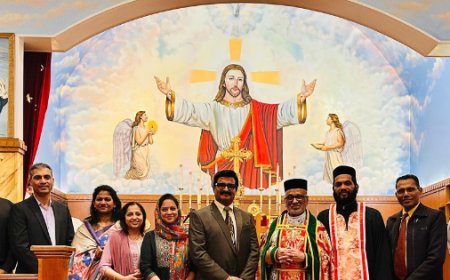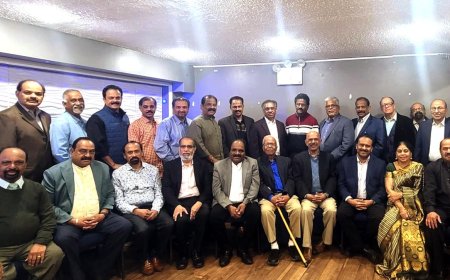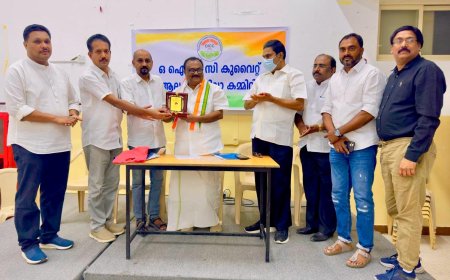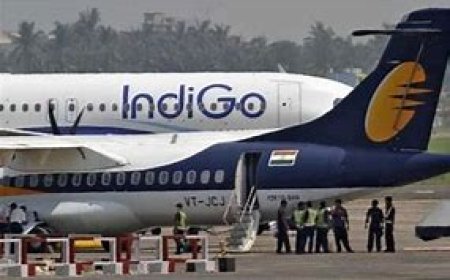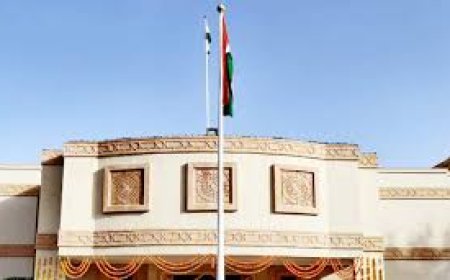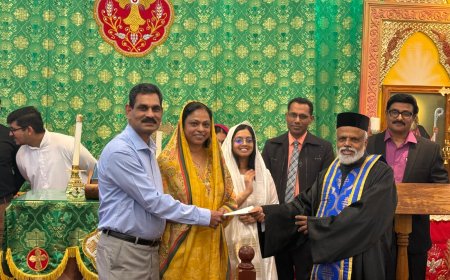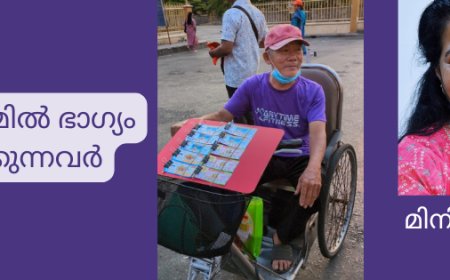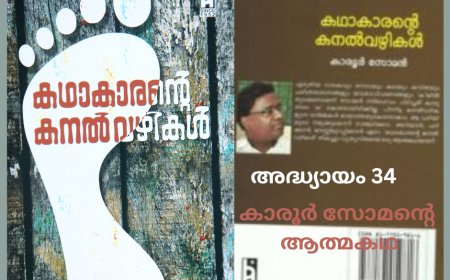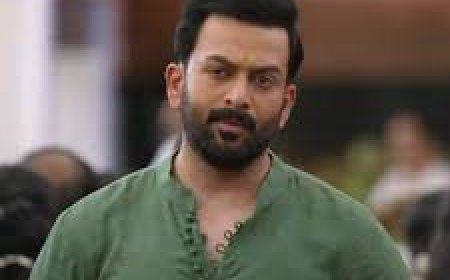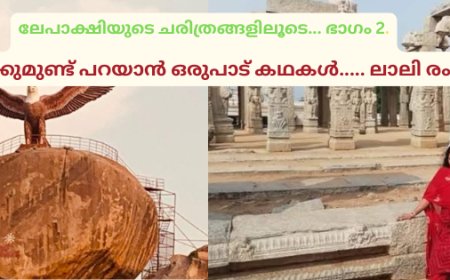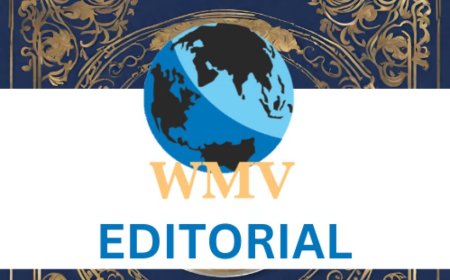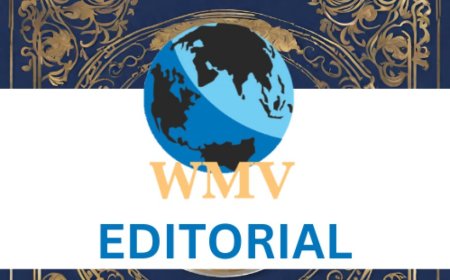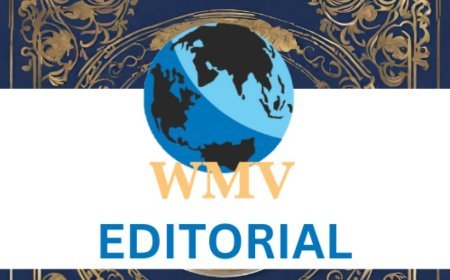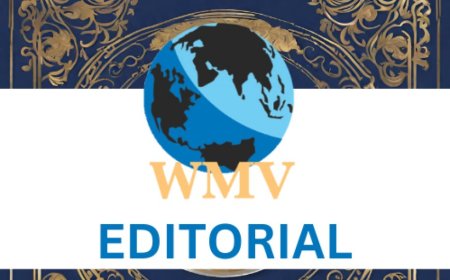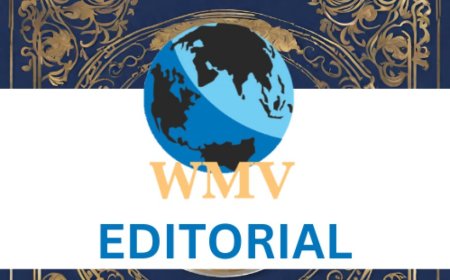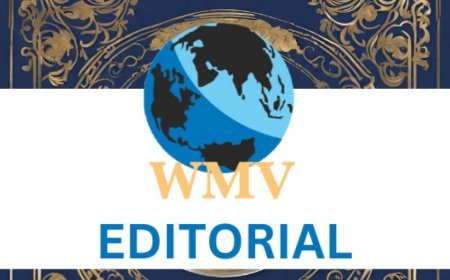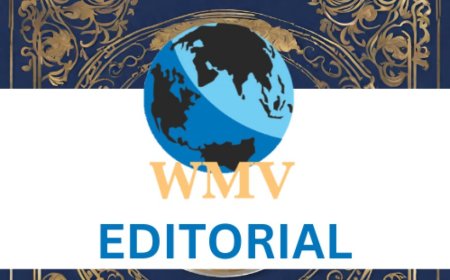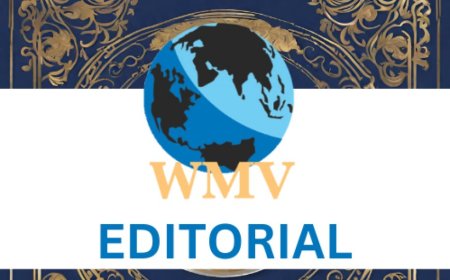Understaffed, overworked, penalised: Govt doctors take to the streets
Unmindful of the scorching summer sun, scores of doctors spread out on the side of a road facing the Directorate of Health Services (DHS) in Thiruvananthapuram on Tuesday, March 18. Without disrupting the midday traffic or patient care, the doctors, belonging to the Kerala Government Medical Officers’ Association (KGMOA), were staging a protest demanding the State’s attention towards pressing issues concerning the shortage of human resources and the allegedly derisive behaviour of the DHS. Dr Sunil PK, state president of the KGMOA, tells TNM about the various instances of harsh actions of the DHS towards medical practitioners who had taken part in protests, including the one triggered by the daylight murder of the young medico Vandana Das. “She was stabbed at a hospital — the murder had shaken the conscience of the entire society. Yet, a doctor from Kollam, who took part in the protests without disrupting his duty, was punished with the cancellation of his yearly increment,” Dr Sunil says. View this post on Instagram A post shared by The News Minute (@thenewsminute) Another incident that triggered the strike on Tuesday is the action taken against 40 doctors who took part in a protest in Kochi against the human rights violations involved in VIP duties. These duties require doctors to accompany visiting dignitaries for medical emergencies. “We did not suggest boycotting VIP duty entirely, only that the norms violating human rights should be reformed. The protesting doctors had only stayed away from VIP duties that did not fall under the government guidelines, and yet they were served with show-cause notice. There is an enquiry being conducted against 11 of them. This happens after the government, in a circular, acknowledged that our demands regarding VIP duty are just and assured us that no disciplinary action would be taken against those who protested,” Dr Sunil says. Lack of human resources The bigger problem is the lack of adequate number of medical practitioners in government hospitals, including doctors, nurses, and other staff. A report of the Comptroller and Auditor General of India on Public Health, released in 2024, highlights the issue. “Shortage of doctors against sanctioned posts was noticed in all levels of hospitals under the modern system of medicine. The shortage was more severe in the case of specialist doctors," the report says. The data collected from different directorates in May 2023 showed that there was a lack of 1,160 doctors, 978 nurses, 716 paramedics, and 4,430 other staff in government health institutions. Around 94-98% of the requirement of doctors is met in primary and secondary level hospitals, while the percentage goes down in the tertiary level. There are also unfilled vacancies of nurses, pharmacists, and lab technicians. Of the allowed vacancies consisting of 49,496 posts across the hospitals in Kerala under the DHS, as many as 5,476 are not filled. The CAG report observes, "The deficiency of manpower in public hospitals not only affects the accessibility of public to quality healthcare, but also exerts pressure on the available resources, thereby compromising on effective delivery of healthcare services."Doctors in Kerala protest over lack of human resources and what they term as derisive behaviour of the DHS (Directorate of Health Services).#protest #doctors pic.twitter.com/JEVGUGh3DJ— Cris (@cristweets) March 18, 2025 Dr Sunil says that one of the reasons for the human resource shortage is the reluctance of the DHS to allow leave extensions for young doctors joining the service after two or three years of post graduation. They are denied a few months’ leave extension, forcing them to join early and then take leave. This would again result in a resource crunch. “The DHS, which is eager to initiate disciplinary action against doctors, is not ready to consider their most reasonable concerns. Even the general transfer of doctors, which happens once every three years depending on their choice of location, has been delayed, and the government guidelines came out only last week after a lot of pressure,” he says. Doctors from across the state came to Thiruvananthapuram to participate in the protest on March 18. They hope there will soon be a reasonable government response in favour of their demands. We don’t just give pieces of information. We dig deeper and give you the full picture. If you like our journalism, become a paid subscriber.

UNMINDFUL of the scorching summer sun, scores of doctors spread out on the side of a road facing the Directorate of Health Services (DHS) in Thiruvananthapuram on Tuesday, March 18.
Without disrupting the midday traffic or patient care, the doctors, belonging to the Kerala Government Medical Officers’ Association (KGMOA), were staging a protest demanding the State’s attention towards pressing issues concerning the shortage of human resources and the allegedly derisive behaviour of the DHS.
Dr Sunil PK, state president of the KGMOA, tells TNM about the various instances of harsh actions of the DHS towards medical practitioners who had taken part in protests, including the one triggered by the daylight murder of the young medico Vandana Das.
“She was stabbed at a hospital — the murder had shaken the conscience of the entire society. Yet, a doctor from Kollam, who took part in the protests without disrupting his duty, was punished with the cancellation of his yearly increment,” Dr Sunil says.
Another incident that triggered the strike on Tuesday is the action taken against 40 doctors who took part in a protest in Kochi against the human rights violations involved in VIP duties. These duties require doctors to accompany visiting dignitaries for medical emergencies.
“We did not suggest boycotting VIP duty entirely, only that the norms violating human rights should be reformed. The protesting doctors had only stayed away from VIP duties that did not fall under the government guidelines, and yet they were served with show-cause notice. There is an enquiry being conducted against 11 of them. This happens after the government, in a circular, acknowledged that our demands regarding VIP duty are just and assured us that no disciplinary action would be taken against those who protested,” Dr Sunil says.
Lack of human resources
The bigger problem is the lack of adequate number of medical practitioners in government hospitals, including doctors, nurses, and other staff. A report of the Comptroller and Auditor General of India on Public Health, released in 2024, highlights the issue. “Shortage of doctors against sanctioned posts was noticed in all levels of hospitals under the modern system of medicine. The shortage was more severe in the case of specialist doctors," the report says.
The data collected from different directorates in May 2023 showed that there was a lack of 1,160 doctors, 978 nurses, 716 paramedics, and 4,430 other staff in government health institutions. Around 94-98% of the requirement of doctors is met in primary and secondary level hospitals, while the percentage goes down in the tertiary level. There are also unfilled vacancies of nurses, pharmacists, and lab technicians. Of the allowed vacancies consisting of 49,496 posts across the hospitals in Kerala under the DHS, as many as 5,476 are not filled.
The CAG report observes, "The deficiency of manpower in public hospitals not only affects the accessibility of public to quality healthcare, but also exerts pressure on the available resources, thereby compromising on effective delivery of healthcare services."
Doctors in Kerala protest over lack of human resources and what they term as derisive behaviour of the DHS (Directorate of Health Services).#protest #doctors pic.twitter.com/JEVGUGh3DJ
— Cris (@cristweets) March 18, 2025
Dr Sunil says that one of the reasons for the human resource shortage is the reluctance of the DHS to allow leave extensions for young doctors joining the service after two or three years of post graduation. They are denied a few months’ leave extension, forcing them to join early and then take leave. This would again result in a resource crunch.
“The DHS, which is eager to initiate disciplinary action against doctors, is not ready to consider their most reasonable concerns. Even the general transfer of doctors, which happens once every three years depending on their choice of location, has been delayed, and the government guidelines came out only last week after a lot of pressure,” he says.
Doctors from across the state came to Thiruvananthapuram to participate in the protest on March 18. They hope there will soon be a reasonable government response in favour of their demands.














